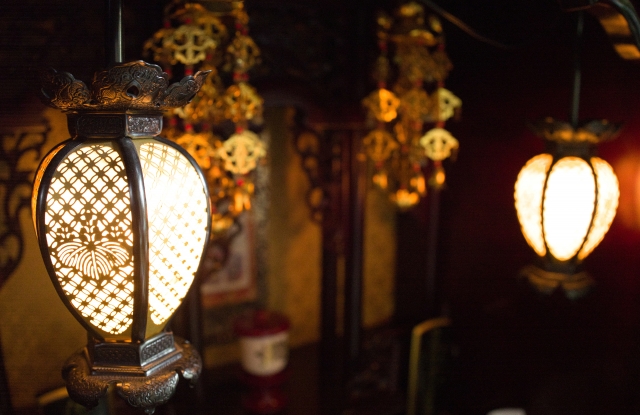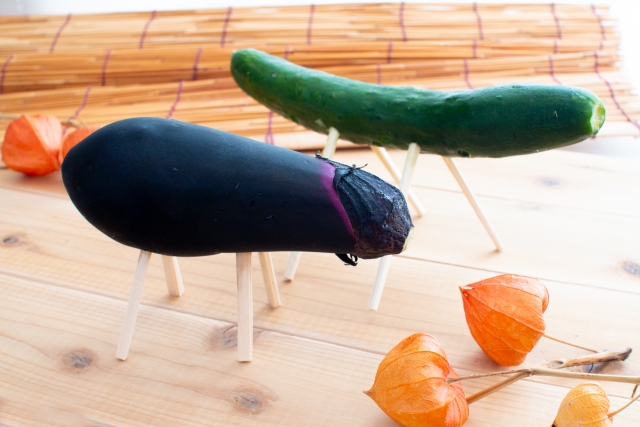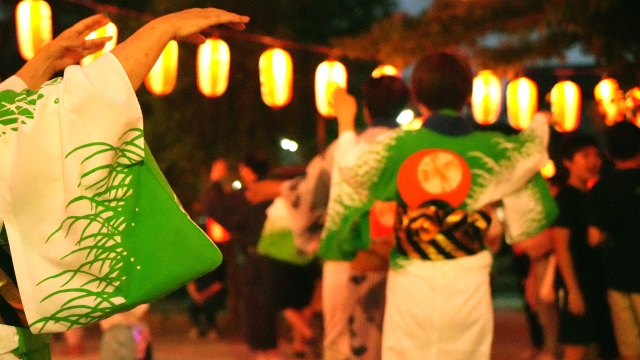The Obon Period-a Traditional Japanese Buddhist Holiday
The Obon period is a traditional Japanese Buddhist holiday and cultural event.
The holiday has both religious and cultural significance and is observed with various customs and traditions.

The Obon Period
It usually takes place in mid-August, usually 13th-16th. (This date varies depending on different areas of Japan.)
The Purpose or Meanings of Obon
It is a time when people honor and remember their ancestors' spirits, pay respect to deceased loved ones, and express gratitude for their contributions to the family and community.
Traditional Rituals
During Obon, it is believed that the spirits of the ancestors return to the world of the living to visit their families.
Family members go to Ancestral Graves and Buddhist temples during Obon season to honor their ancestors' spirits.
At home, to welcome these spirits, families clean their homes and create small altars with offerings of food, water, and incense.
The spirits come down by riding a cattle and a horse made out of eggplants and cucumbers.
That is why we have a pair of eggplant cattle and cucumber horse decorating in front of a Buddhist (household) altar.

Also, we burn woods called Taimatsu (松明(たいまつ)) in front of each house so that the ancestors can find their family.
With the fire, we usually enjoy fireworks.
Lanterns are often lit to guide the spirits back to the world of the living, too.
The Bon Odori
Many communities hold festivals and events to celebrate Obon.
One of the most well-known traditions during Obon is the Bon Odori, or Bon Dance, which is a type of traditional dance performed during festivals.
People gather in local areas to dance to traditional music, often wearing yukata (casual summer kimono), and the dances vary depending on the region.

Cultural Rather Than Religious Elements
Obon is a time of reflection, family gatherings, and community unity.
It is also an official holiday in some parts of Japan, during which many people return to their hometowns to spend time with family and participate in the festivities.
It is like Christmas in western culture.
Since Japanese people are not much religiously aware, the Obon is more of a cultural event rather than religious event.
Nonetheless, many Japanese people believe they are protected by ancestors' spirits, deceased loved ones, and even various gods believed in Shintoism without strong piety.
This is one of the reasons that makes Japan a unique country.


